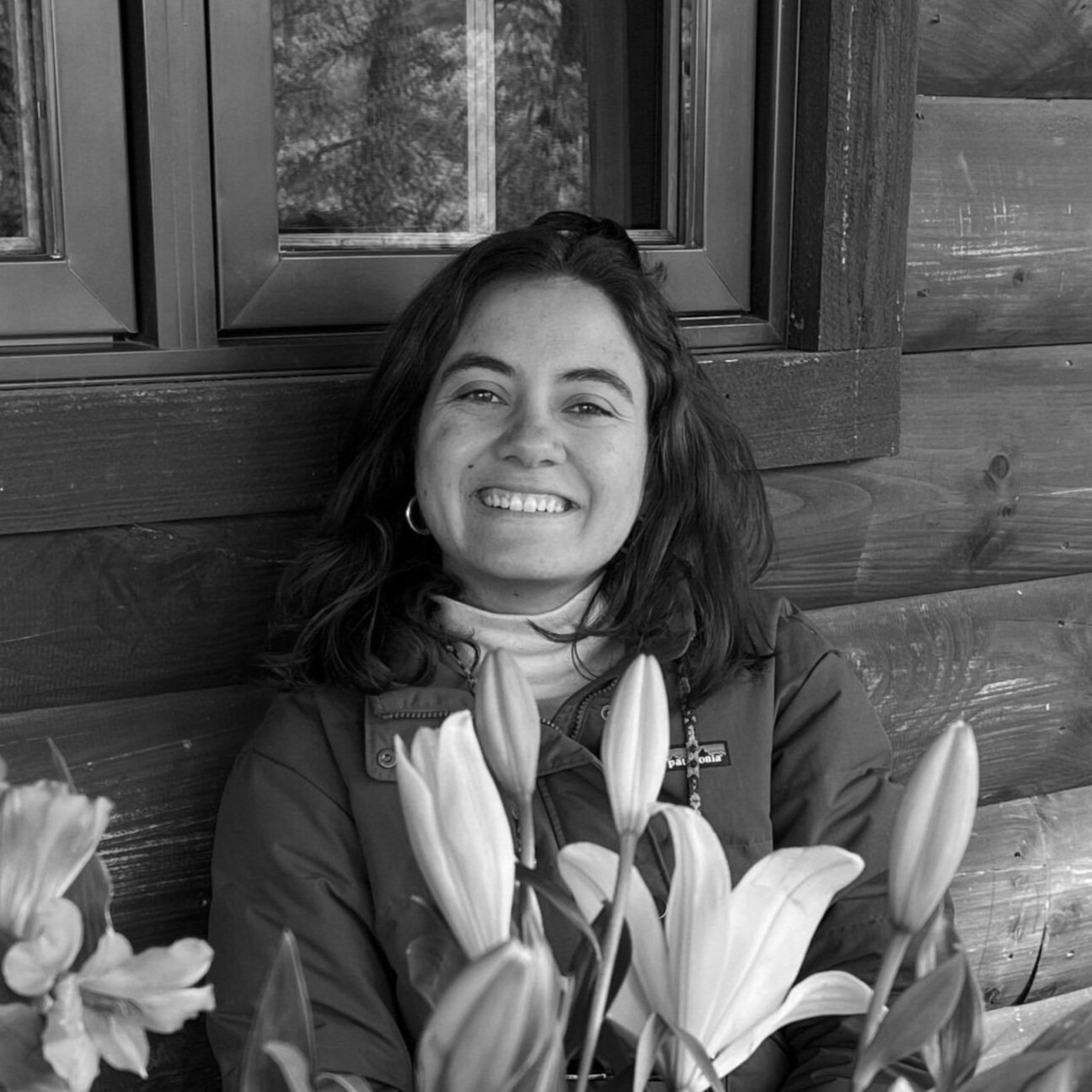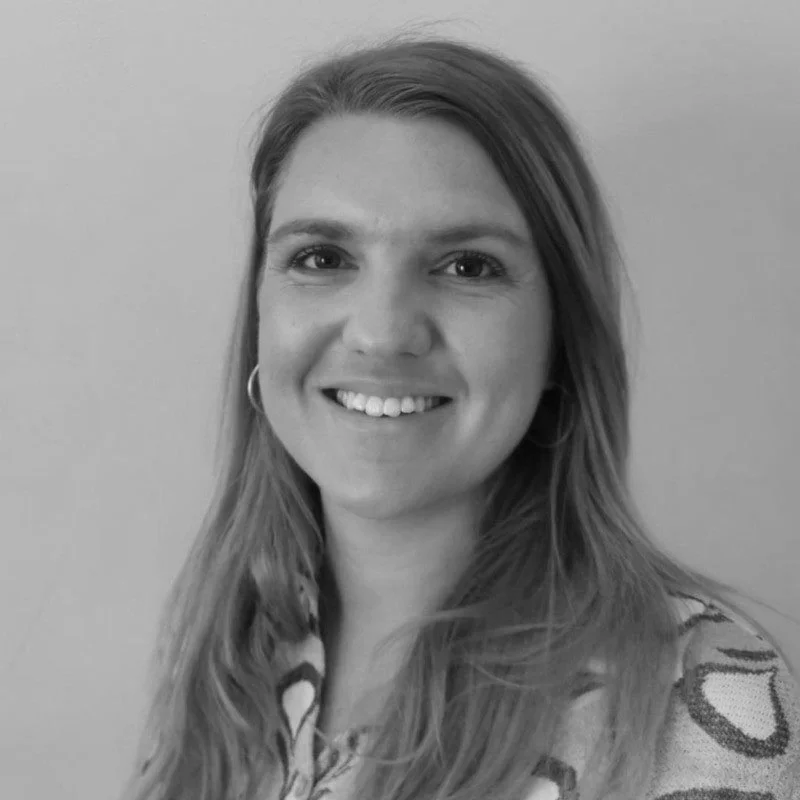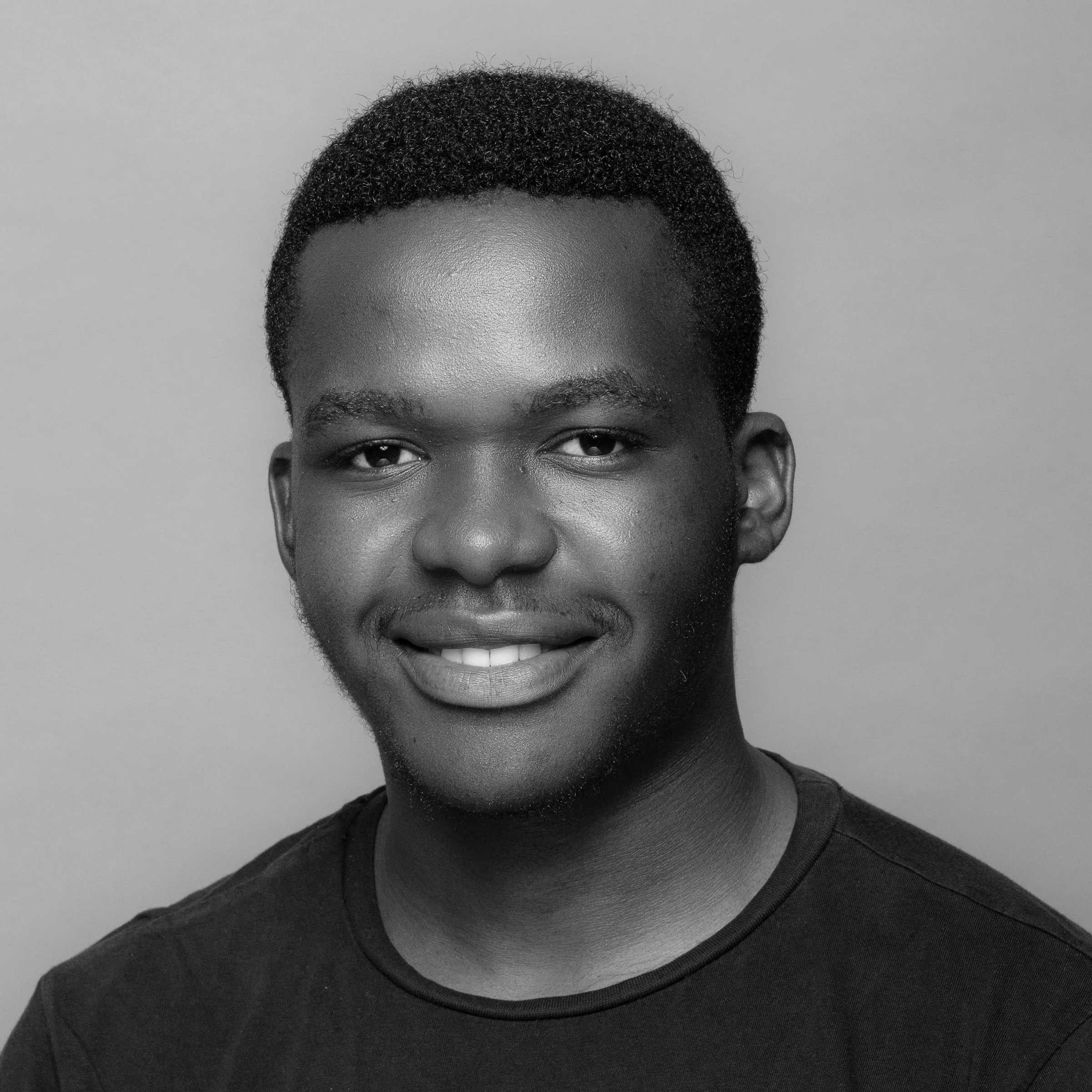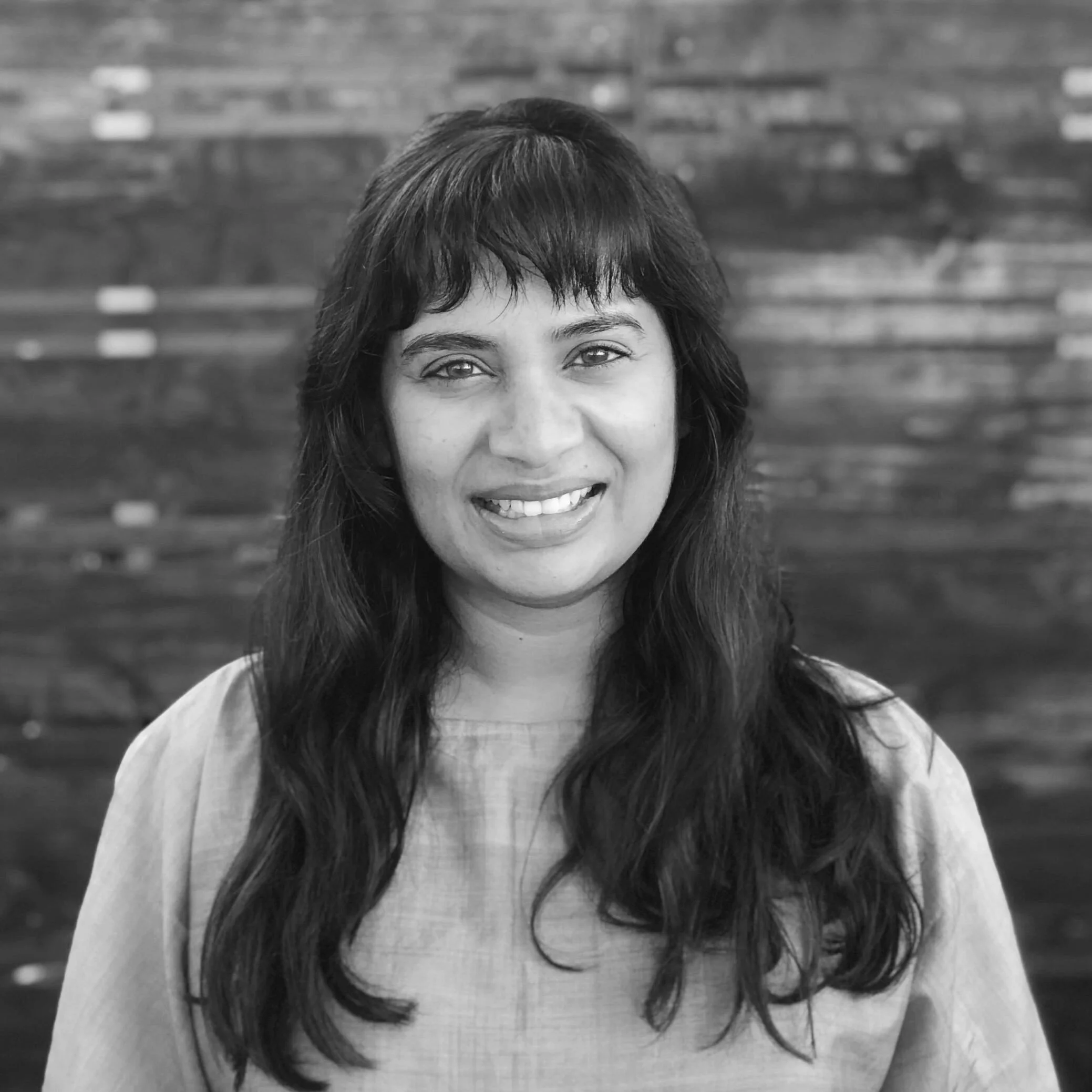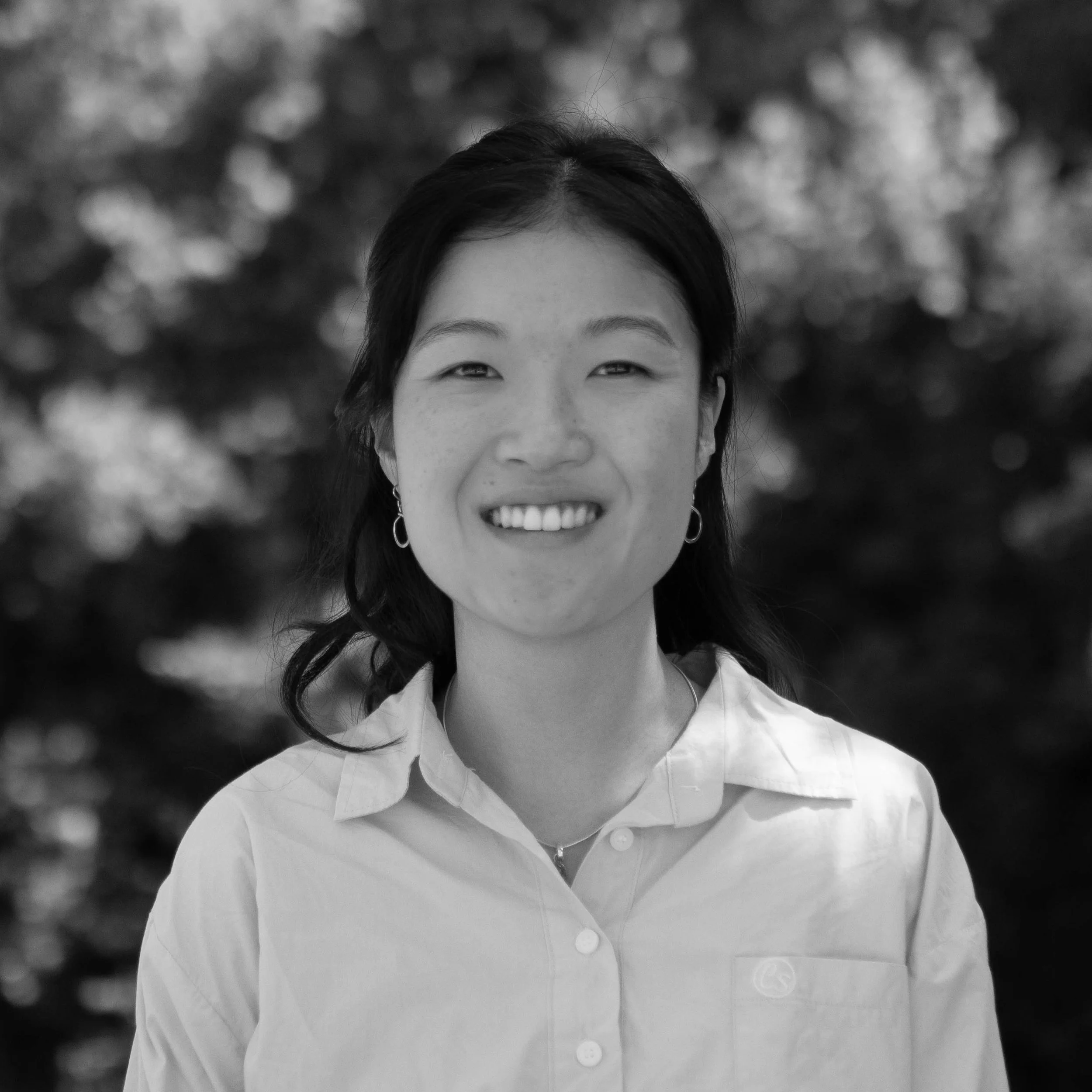Critical Ruralities Lab is a research workshop and a collaborative mentoring space that promotes empirically grounded and justice-centered scholarship on development and socio-environmental change in the global countryside.
Current and former members of the lab have worked in places as diverse as East Africa (Tanzania, Kenya, and Zambia), Latin America (Colombia, Mexico, and Argentina), South Asia (India), North America (the US South, Midwest, and Central Valley), and Europe (Spain and Germany). They work on a wide range of interconnected issues concerning rural life and livelihood, including food and agriculture, land-water access, conservation, pastoralism, energy and mining, indigenous knowledge and technoscience, and agrarian mobilization—issues that are becoming more complex and urgent in times of deepening social inequality and environmental vulnerability.
The lab draws inspiration from and encourages feminist, postcolonial/decolonial, poststructural, Marxist, and more-than-human perspectives to better understand how capitalist processes shape, and are shaped by, nature-society relations, rural-urban interactions, and interlocking power dynamics.
For inquiries about joining the lab, please see “get involved.”
Current Lab Members
Andrés is a doctoral candidate in ESPM. His research examines the convergences of gendered and racialized labor regimes, techno-scientific agricultural interventions, and everyday encounters of plants, insects, microorganisms, and humans in controlling unruly pathogens in Colombian oil palm plantations. His work draws on multispecies studies, critical race theory, science and technology studies, and feminist and critical agrarian studies. He holds an MA in Literature and Cultural Studies from Universidad de los Andes, Colombia and a BA in Sociology from Universidad Nacional de Colombia.
Jessica is a doctoral candidate in ERG. Her research explores trajectories of energy transition and energy equity in Atlanta, Georgia. Drawing from political ecology, energy geography, and development studies and using archival and ethnographic methods, I ask how electrification reinforced and produced social inequities in the city, and how it could instead be utilized toward emancipatory ends. She holds a BS in Environmental Science and BA in Geography from Georgia College & State University.
Alix is a doctoral student in ERG. She is an award-winning documentary maker, both in film and audio, and has been working in nonfiction storytelling for over a decade. She is interested in pursuing research in climate justice, indigenous-led climate adaptation and mitigation, ethnography, and political ecology. She has a Masters in Environmental Management from the Nicholas School of the Environment at Duke University with a focus in Human Rights and Conservation.
MJ Wong Engel
MJ is a joint MS/JD student in ERG and the Berkeley Law School interested in the intersecting challenges between climate change and migration. Drawing on legal geography, spatial analysis, landscape ethnography, and legal analysis, she studies the legal limbos facing climate displaced peoples, as well as how the climate crisis shapes migration journeys. Her goal is to develop interdisciplinary frameworks that advance more just advocacy and policy.
María is a doctoral candidate in ERG. She is interested in exploring rural and peasant women’s role in advancing food sovereignty and in understanding the complex negotiation processes between communities, individuals, and the environment in rural and agricultural communities in Mexico. María holds a Masters of Development Practice from the University of California, Berkeley, and B.A. in Sociology from the National Autonomous University of Mexico.
Natasha is a doctoral candidate in ESPM. Her research examines agricultural strategies of rural development in Central Appalachia, particularly how these strategies interact with historical and continuing legacies of social exclusion and economic and environmental extraction. Her work sits at the intersection of critical agrarian studies, political ecology, and rural sociology. Natasha holds a B.A. in Anthropology and Arabic Studies from the University of Richmond.
Francis Commerçon
Francis is a doctoral student in ESPM. He researches the sociality of environmental knowledge making in biodiversity conservation science. His dissertation focuses on the cultural interfaces of academic ecology and local ecological knowledge in Menglun Township, Xishuangbanna Prefecture, southwest China. He holds an MESc in Environmental Science from Yale School of the Environment and BS degrees in Fish Wildlife and Conservation Biology and Biological Sciences from Colorado State University.
Aaron Zielinski
Aaron is a doctoral candidate in Political Theory. His research explores the politics of capital accumulation, technology, and border regimes in industrial agriculture, with a focus on greenhouse technologies. He draws on critical agrarian studies, political ecology, Marxism, and Science and Technology Studies. Aaron holds a Magister Artium degree in Philosophy, Sociology, and History of Art from Goethe University Frankfurt.
Alejo is a doctoral candidate in ESPM. His research examines the amphibious politics of capital in the Upper Magdalena River basin, Colombia, with special attention to how riverine populations experience and contest capital’s attempts to stabilize, disrupt, or rework land-water interfaces. His work draws on the political economy of terraqueous territorialities, agrarian political ecology, and environmental justice. He holds an M.A. in Philosophy and B.A in Political Science with a minor in Economics from Universidad de Los Andes in Colombia.
Miswa is a doctoral candidate in ESPM. His research examines how adaptation initiatives evolve to address emerging climate risks in rural communities in Kenya. Prior to joining ESPM, Miswa worked with the Kenya Institute for Public Policy Research and Analysis. He holds an M.A. in International Studies from the University of San Francisco, and a B.A. in Education in Literature from the University of Nairobi.
Sofie is a Danish Carlsberg Foundation Internationalisation Postdoctoral Fellow in ERG. Her current research project centers around the resilient maize seed value chain in Thailand, to understand the position, benefits and challenges for Thai farmers and Myanmar migrants. She is particularly interested in understanding labor exploitation of migrants in the agro-industry, processes of illegalization, social reproduction and wellbeing. She holds a PhD in Geography from the University of Copenhagen.
Alumni
Dr. Anaya Hall
Anaya received her PhD in Energy and Resources with a designated emphasis in Development Engineering. Drawing on political ecology, critical agrarian studies, and historical geography, Anaya’s work examines the spatial politics and socioecological dynamics of soil and water conservation in the Corn Belt. She uses the contentious politics of nutrient management and agroindustrial transformation in Iowa as a window onto the uneven geographies of agrarian capitalism. She holds an M.S. in Agriculture, Food and Environment from the Friedman School at Tufts University, and a B.A. in Human Biology from Stanford University.
Edward Mbewe
Edward received his MS in Energy and Resources, where his research explored the ecological and cultural impacts of green extractivism, focusing on how electrification and critical mineral mining are reshaping forest livelihoods and wildlife territories in Southern Africa. He is currently documenting how the region's expanding critical minerals sector is impacting both ecosystems and rural livelihoods with the Youth Council on Energy - Africa, an organization he co founded to help elevate African voices in shaping equitable energy futures. He holds a B.A. (Hons) in International Business and Trade from the African Leadership University in Kigali.
Gauthami received her PhD in Energy and Resources with a designated emphasis on Gender and Women’s Studies. Her research foregrounds issues of data essentialism, gender and sexuality, and social norms in understanding how global development projects produce knowledge in ways that circumscribe the lives of girls and women in South Asia and West Africa. Her research is interdisciplinary and intersects global development, public health, science & technology studies, and geography. Gauthami has an MPH in Global Health from Rollins School of Public Health, Emory University and a BS in Biology from the Georgia Institute of Technology. Her personal website is: https://gauthamip.com/
Minah Choi
Minah received her MS in Energy and Resources. Drawing on the fields of discard studies, environmental justice, and political ecology, her research explores how waste shapes lifeways and environmental politics in the peri-urban wetlands of Paraná, Argentina. She holds an M.A. in Latin American Studies from Stanford University and a B.A. in Environmental Analysis from Pomona College. Currently, Minah is a doctoral student in Anthropology at New York University.
Catherine Van Dyke
Catherine received her MS in Energy and Resources. Her research examines water governance and equity for farmers and ranchers in California. She currently works as the Deputy Director of Water Policy for the Community Alliance with Family Farmers (CAFF). Catherine utilizes the techniques and perspectives gained from the Critical Ruralities Lab in her work at CAFF, where she supports and advocates for family farmers adapting to changes in groundwater access. Catherine also holds a BA in Political Economy from UC Berkeley.





